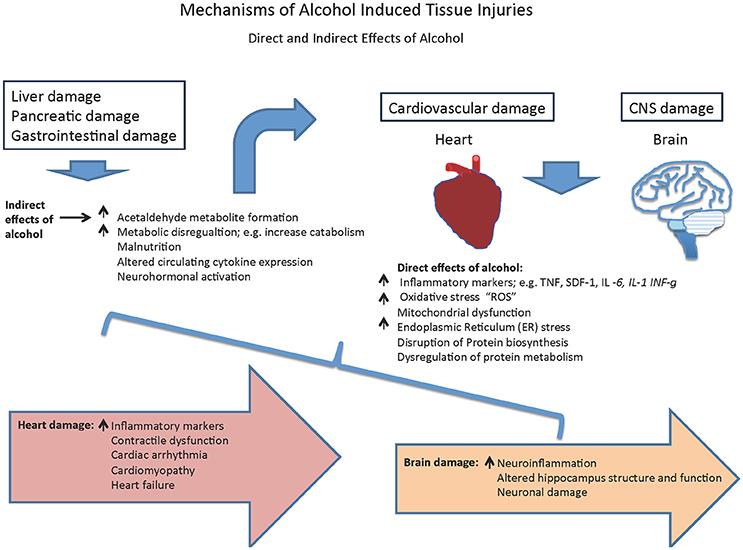Genghis Khan's Guide To Alcohol Abuse Treatment Centers Near Me Excell…
페이지 정보
Leonore 23-12-21 04:07 view1 Comment0관련링크
본문
 Introduction:
Introduction:Cocaine addiction is a critical community health issue which includes extensive implications for individuals, households, and community as a whole. The addicting properties of the stimulant medicine make it challenging to overcome, ultimately causing devastating consequences for users both in the brief and lasting. This report is designed to provide ideas into cocaine addiction, its results, and possible treatments.
The Scope of Problem:
Cocaine addiction has been on the rise globally, affecting thousands of people from all parts of society. The initial allure of the medicine lies in its ability to cause emotions of euphoria, enhanced power, and heightened confidence. However, repeated usage usually causes tolerance, calling for higher amounts to ultimately achieve the desired result. This pattern useful can quickly spiral uncontrollable, resulting in addiction.
Ramifications of Cocaine Addiction:
The real and emotional consequences of cocaine addiction can be damaging. Physiologically, extended punishment associated with the medication can lead to cardiovascular problems, respiratory problems, and damage to organs such as the liver and kidneys. Mental health problems such despair, anxiety, and paranoid psychosis are typical those types of fighting cocaine addiction. The monetary burden of such addiction could be astronomical, as people prioritize acquiring the medication over conference daily needs, causing job loss, personal bankruptcy, and strained connections.
Fundamental Aspects and Threat Factors:
Numerous facets contribute to the development of cocaine addiction. Socioeconomic standing, genetic predisposition, and mental facets such impulsivity and thrill-seeking behavior all be the cause in increasing your vulnerability to addiction. Additionally, exposure to a supportive environment, familial reputation for drug abuse, and childhood injury can notably heighten the risk of cocaine addiction.
Treatment Options:
Addressing cocaine addiction needs a thorough strategy that combines health, emotional, and social treatments. Detoxification is oftentimes step one, enabling individuals to safely withdraw from the medication under health supervision. Medications might recommended to handle detachment symptoms and lower cravings. Cognitive-behavioral therapy (CBT) indicates promising results, helping people identify triggers, develop coping mechanisms, and alter maladaptive habits of thinking and behavior.
Supportive networks such as 12-step programs or team alcohol outpatient treatment centers near me tend to be vital in fostering recovery and providing ongoing help. Holistic methods that focus on change in lifestyle, stress decrease techniques, and alternative treatments like acupuncture therapy or meditation are becoming investigated to check traditional treatment methods.
Prevention and knowledge:
Prevention is an essential aspect in combating cocaine addiction. General public health promotions that stress the risks of cocaine usage, its addicting nature, therefore the potential consequences are crucial in curbing its prevalence. Schools and academic institutions should apply evidence-based substance abuse programs that educate younger individuals towards dangers related to medication use and instruct refusal abilities.
Conclusion:
Cocaine addiction continues to be a substantial general public health anxiety about far-reaching effects. The vicious pattern of addiction and its own detrimental results on physical and psychological state necessitate effective avoidance initiatives, very early input, and comprehensive treatment plans. It is vital that governing bodies, healthcare experts, and communities come together to address this damaging epidemic and provide the required help for many struggling with cocaine addiction.

댓글목록
등록된 댓글이 없습니다.